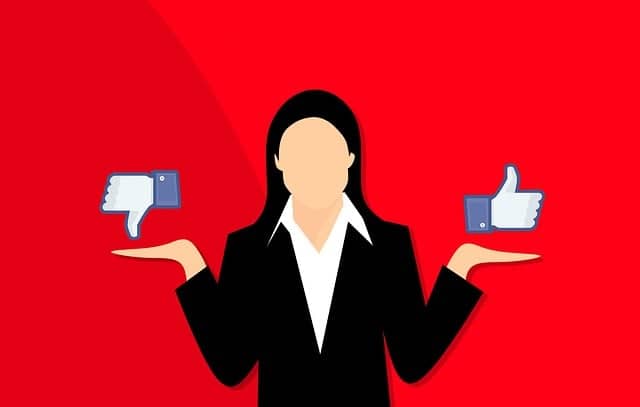What does enmity mean in Lord of the Flies? In William Golding’s Lord of the Flies, words are carefully chosen to highlight the tension and changing relationships among the boys stranded on the island. One important word that comes up is “enmity.” Understanding what enmity means in the context of the novel can help readers see just how quickly friendship can turn into conflict, and how deep-seated hatred can shape the boys’ actions and choices as their society falls apart.
What does enmity mean in Lord of the Flies?
In Lord of the Flies, the word “enmity” means a deep and bitter hatred, usually shared between enemies. Golding uses this word to show the feelings of hostility that develop among the boys as they struggle for power and control. For example, early in the novel, Golding writes, “He trotted through the sand, enduring the sun’s enmity,” (Chapter 1) describing how even the environment feels harsh and unfriendly.
As tensions rise on the island, enmity grows not just between individuals like Ralph and Jack, but also within the group as a whole. This deep-seated hatred and rivalry is a major reason why their society falls apart. The novel’s use of “enmity” highlights how quickly friendly relationships can turn into bitter conflicts when fear and competition take over.
What page is the word “enmity” in Lord of the Flies?
The word “enmity” appears on page 14 of Lord of the Flies. This is where Golding uses it to describe the intense feeling of hostility, helping set the tone for the conflicts that will develop among the boys.
What does reverence mean in Lord of the Flies?
In Lord of the Flies, reverence means a feeling of profound respect for someone or something. When the boys show reverence, they are expressing deep admiration or honor, often toward symbols like the conch or rules that remind them of the civilized world they left behind.
What does indignation mean in Lord of the Flies?
In Lord of the Flies, indignation means a feeling of righteous anger. It’s the emotion someone feels when they believe something is unfair or wrong, and it often comes up when the boys think they have been treated unjustly or when rules are broken.
What does blinding effulgence mean in Lord of the Flies?
In Lord of the Flies, “blinding effulgence” means an extremely bright and dazzling light. Golding uses this phrase to describe how the sunlight on the island can be so intense that it almost blinds the boys, helping readers imagine just how harsh and overwhelming their new environment can be.
Why is Ralph the ego in Lord of the Flies?
Ralph is considered the ego in Lord of the Flies because he tries to balance his own needs with what is right and fair for everyone. Unlike some of the other boys, Ralph wants to be rescued, keep order, and act in an ethical way. He represents the ego by trying to meet his needs, like safety and leadership, while also thinking about rules and what’s best for the group.
What does the beast symbolize in Lord of the Flies?
In Lord of the Flies, the beast symbolizes the primal instinct of savagery in all human beings. It represents the darkness and wildness inside each boy, showing how fear and the loss of civilization can bring out their most basic, animal-like urges.
Conclusion
In conclusion, enmity in Lord of the Flies is a deep and bitter hatred that is usually shared between enemies. Golding uses this idea to show how quickly friendships can become rivalries and how easily conflict grows among the boys. The presence of enmity on the island is a key reason why cooperation breaks down and chaos takes over.
